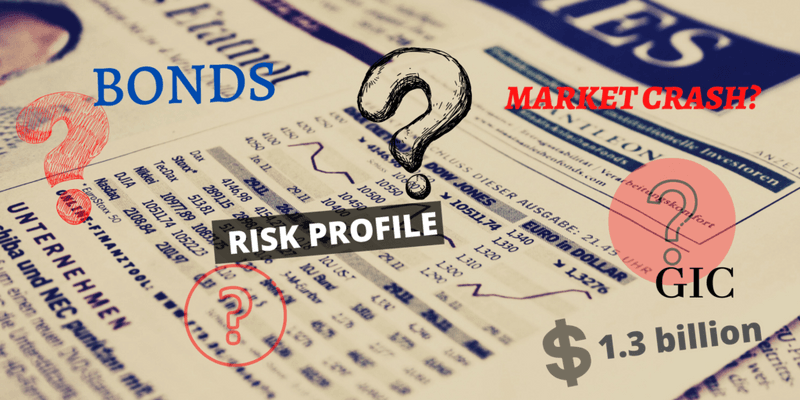What kind investor are you if you were busy hoarding Toilet Paper?
Fear is contagious. If you were among the people who stock-piled hand sanitizers and Toilet Paper (really !!!) then you are probably similar in behavior to the investors who sell stocks at the earliest indication of a down market. Panic-investing and panic-shopping are both not a great idea.

The market was down more than 10%on Monday – market “circuit breakers” have tripped at a 7% drop for the umpteenth time this week. Intraday volatility is at an all-time-high. In the last one week, pundits have compared the big drops to comparable ones in October 1987. Stocks are down (-15% Year-to-date), Bonds down, even Gold tanked (-9% in a week). Cash was king, and we at BuyProperly like to believe so was Real Estate (Housing Price Index up 2% in Feb over Jan, prices up by 6% month-over-month in Feb). Over the weekend, the Federal Reserve cut rates to zero and began a new round of Quantitative Easing (QE) and Bank of Canada cut prime rates, with the Big banks passing the rate cut to the end customers. (separate thread on whether that’s a good idea and for whom!).
However, there is one good thing that comes out of this unprecedented situation. It makes us re-look at our philosophy and strategy in life and in investments (also about toilet paper!).
Access to essentials
We cannot beat the virus until everyone is virus-free, which means we need to enable/allow everyone to have access to basics such as hand sanitizers. Flatten the curve, is all about ensuring that the system works for the weakest link.
Investments access for everyone is just as essential: Everyone needs to have access to all investment options including real estate. Companies such as BuyProperly allows everyone access to investments in real estate, which is great in turbulent times like the current one from an overall portfolio perspective.
We are also working with our younger customers to figure out how we can support them in their journey towards their first home.
Portfolio diversification
Investing is about risk return – balance. True diversification should factor in a risk-adjusted return and would imply having enough of stocks, bonds, cash, and real estate. It is the right time to look at potentially re-balancing, both from work-life- (remote work) perspective and from asset allocation perspective. Rebalancing allows an investor to buy or sell assets in a portfolio based on under- or overperformance in a particular asset class relative to other asset classes. This activity essentially forces investors to buy low and sell high without emotion to maintain the original asset allocation.
So, what should the strategy be, as the economy tanks to levels lower than some of the previous downturns? In the past downturn, I saw friends lose jobs, and saw those who kept their cool and behave rationally capitalize on the downturn. A lot of the great start-ups of today, Airbnb, Uber were started during the financial crisis of 2008-09. We, at BuyProperly, believe we can turn to continue to do what’s best for our customers in these unprecedented times and emerge stronger at the other end and we believe we are well-positioned as of now.
- Our transactions can be completed entirely online.
- Our rigorous analysis on real estate versus stock market correlation, shows, that private residential markets have a stock market correlation of 0.2-0.3, compared to public REITs with a stock market correlation of 0.7-0.9, so our assets are fine for now.
- We have run detailed analysis (both macroeconomic and fundamentals driven) and identified the top cities in Canada, and the top cities in the US to invest in and for our target cities we have a neighborhood-level analysis as well. So, if the real estate markets turn (we don’t expect this anytime soon)- we can easily acquire assets for our customers at deep discounts. This may be an opportunity to get good assets in the portfolio for all our investors, and since we start the fractional investing minimum at $2500, we really mean ALL.
Full disclosure: I have not sold any of my stocks, bonds, GICs, or real estate investments in the manic episode.
-Khushboo Jha, CEO